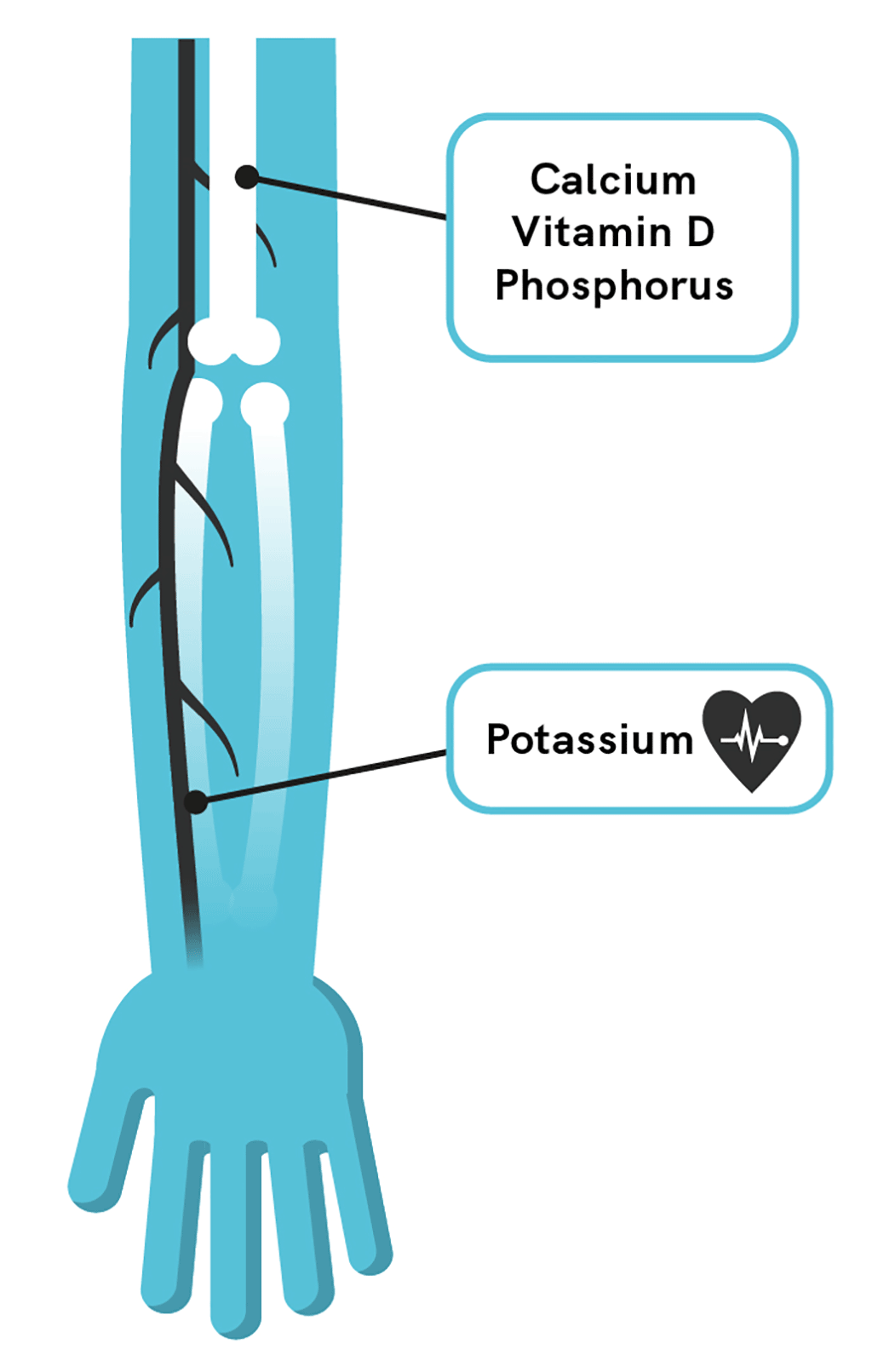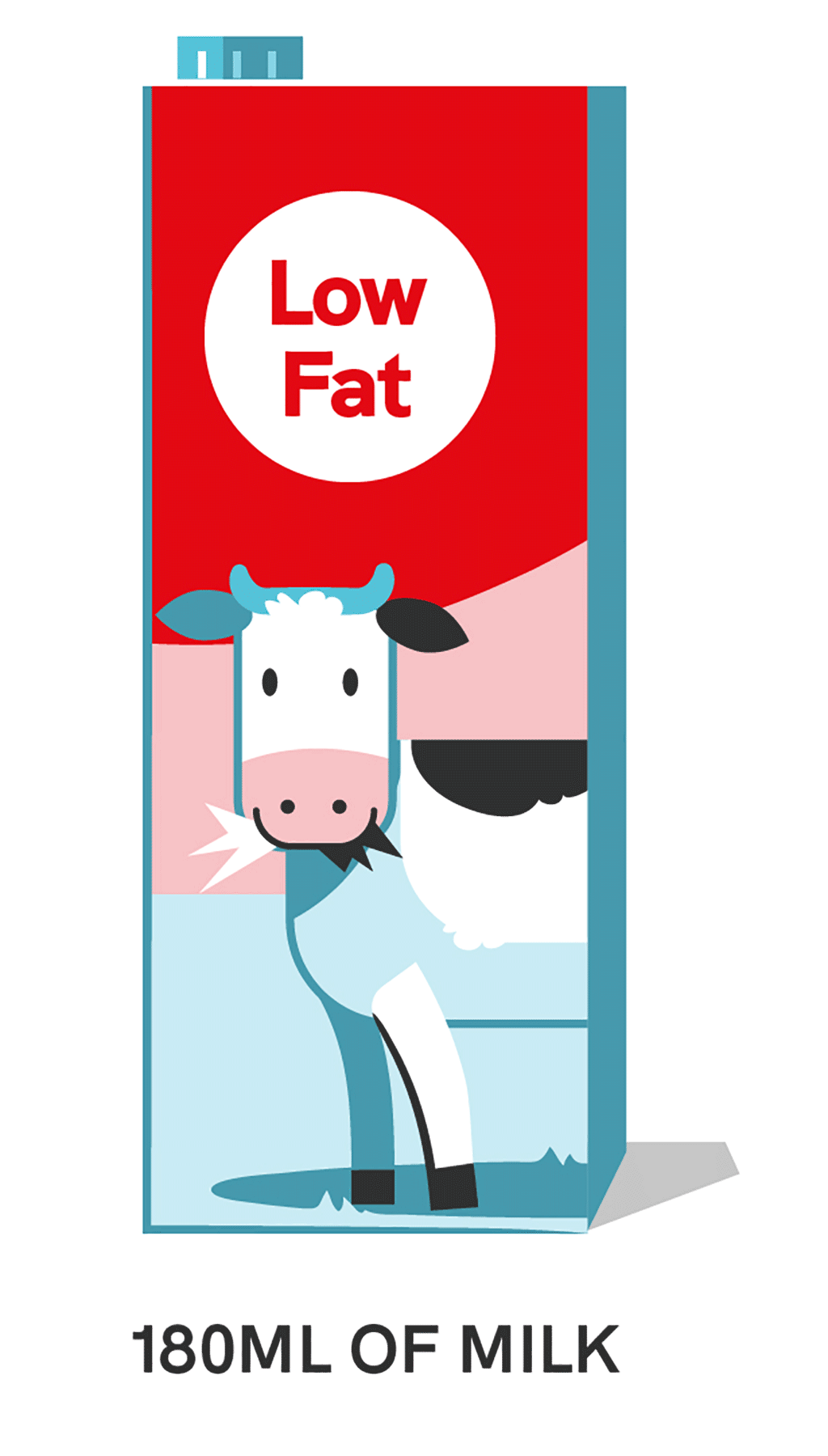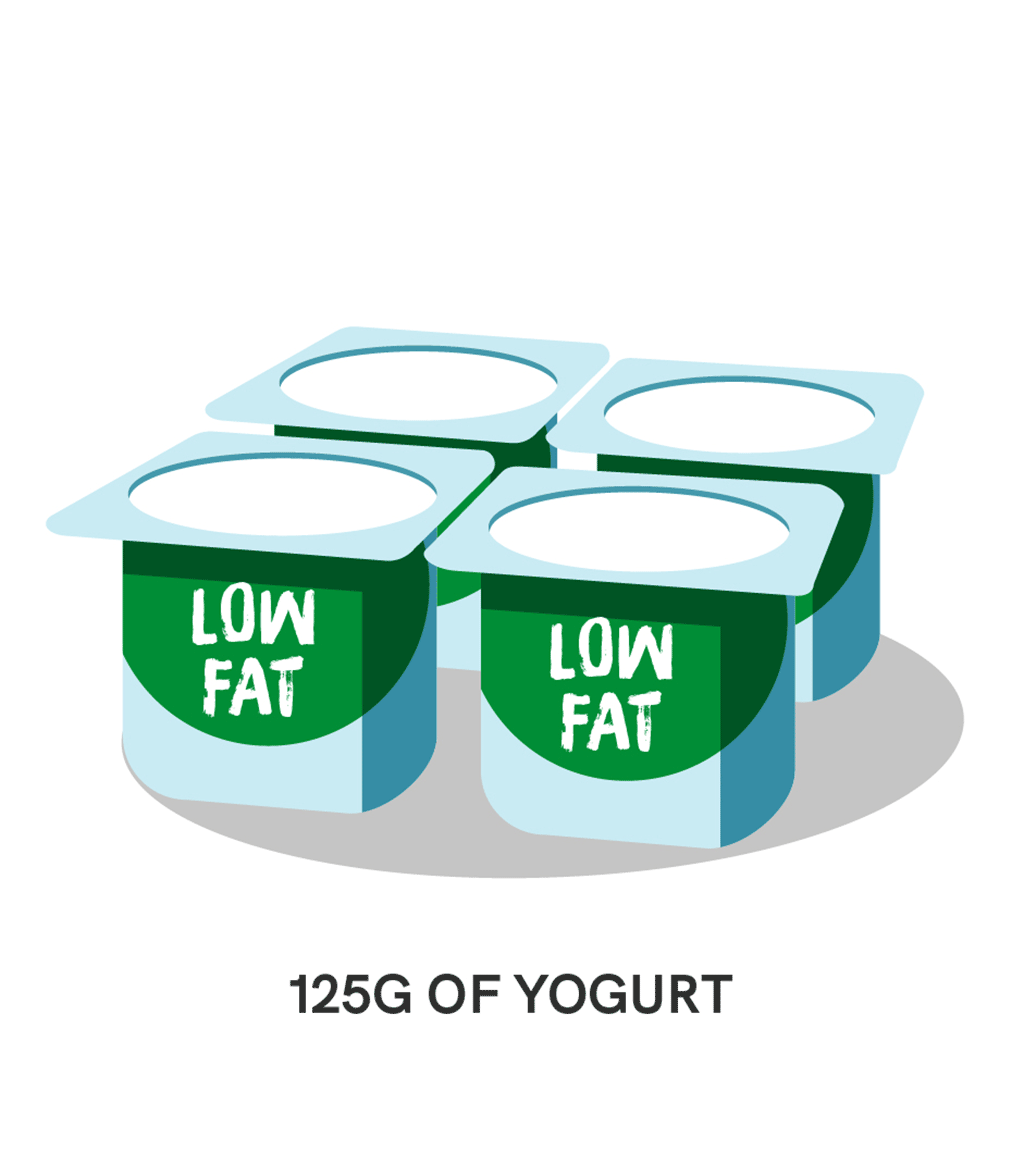Dairy and Your Health
Milk naturally contains all the three macronutrients: carbohydrate, protein and fat. It’s also rich in calcium, potassium, phosphorus, and vitamin D.

How do dairy products affect my blood glucose?
Milk and yogurt both contain carbohydrates, which has an effect on your blood glucose levels.
Cheese is made from fat and protein and will not impact your blood glucose levels in the same way.

How much dairy should I consume?
It is recommended that adults consume three portions of calcium rich dairy foods per day. Adults should choose nonfat, low-fat (1%), and reduced-fat (2%), over full-fat products.
What is a portion?
One portion equals:

180 ml milk

125g of yogurt

2 Tbsp Cottage Cheese

A thumb or a matchbox sized portion of cheese (30 grams)
What if I don’t drink milk?
If you don’t drink milk, there are many non dairy beverages to choose from, including, soy milk, almond milk, cashew milk, hemp milk and coconut milk. Look for calcium- fortified milk substitutes. The front of the package may say “enriched” or “fortified”.
Be aware of added sugars in flavoured milk and yoghurts.
Milk and milk products contain a natural form of sugar called lactose. However, many also contain added sugar. To avoid added sugar altogether, buy plain milk products and top it with naturally sweet fruit to add flavour.

Leave a Reply